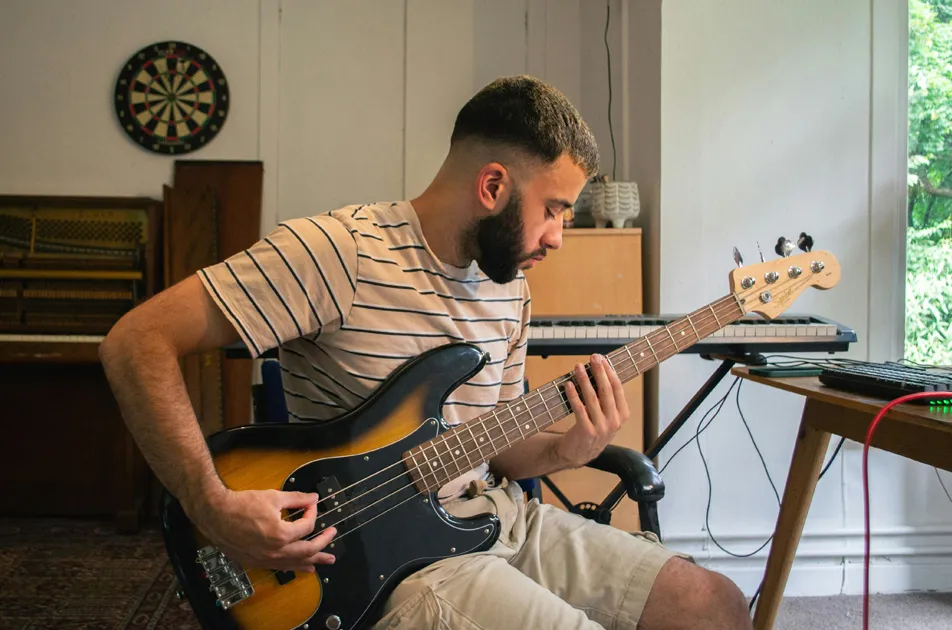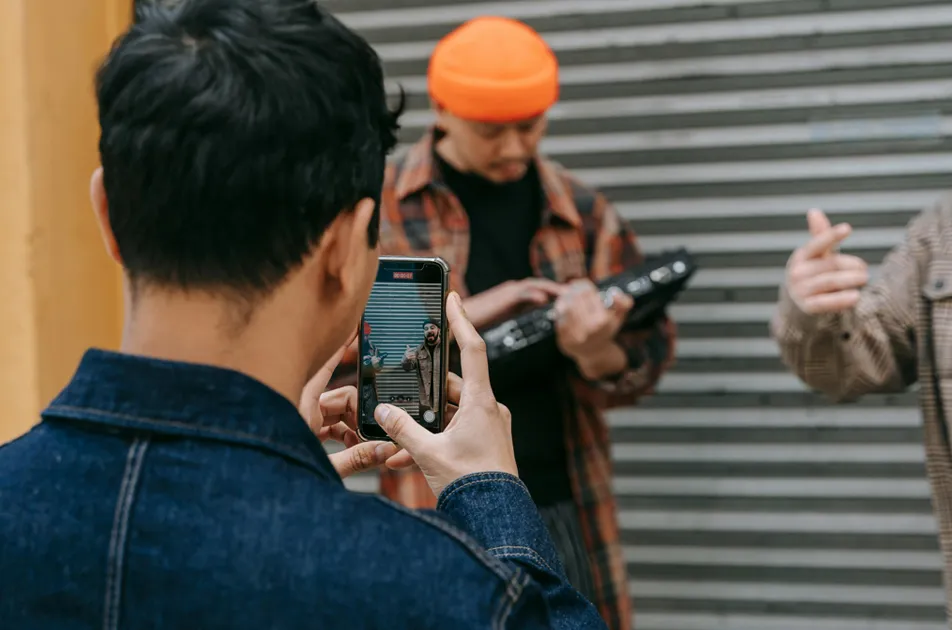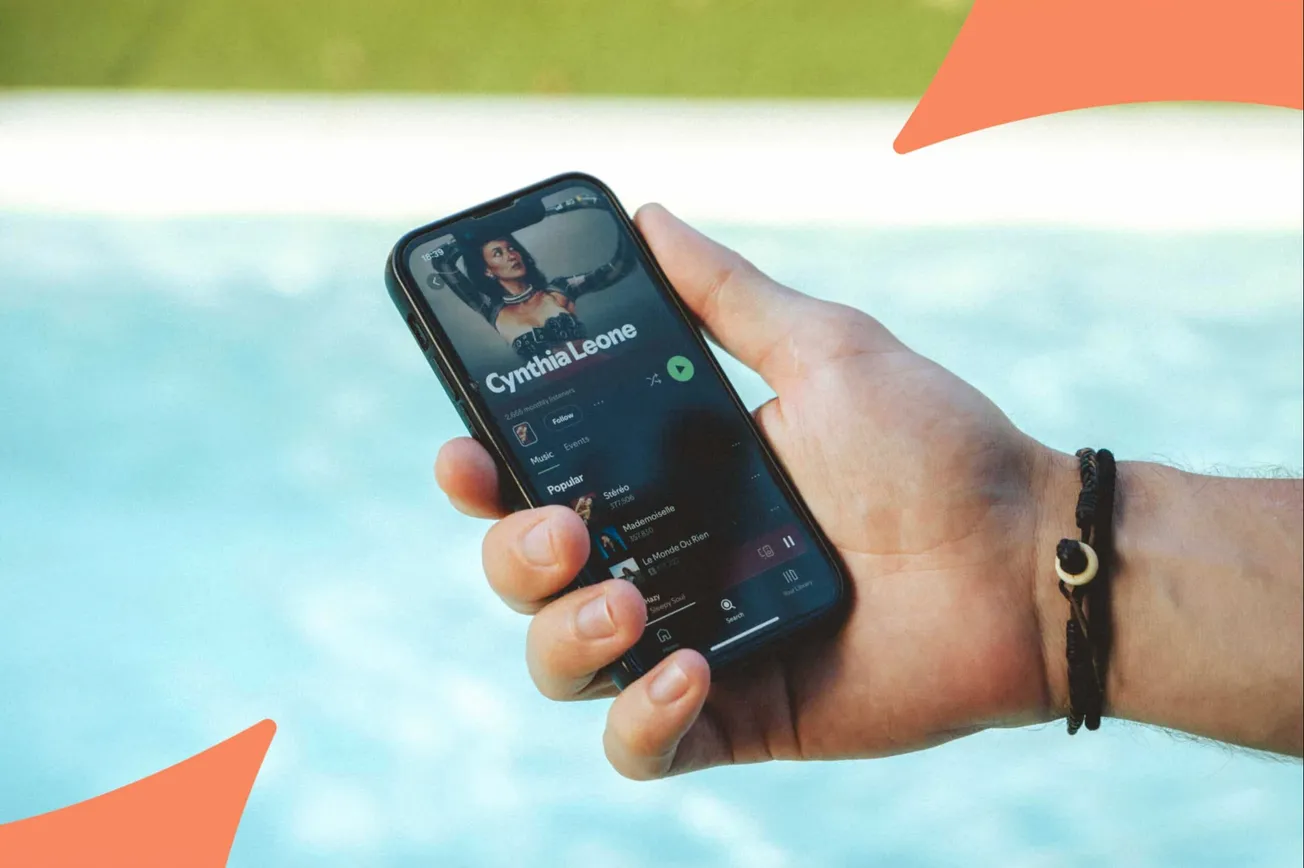Last week digital music distributor TuneCore launched the Songwriter Publishing Administration Service to help songrwiters collect payments from global performing rights organizations (PROs) as well as directly from digital music providers. It's a major intiative for the company and CEO Jeff Price who has made often described TuneCore's mission as delivering "more money, more quickly, with transparency" to artists. To learn more, we interviewed Price via email.
How long has TuneCore Songwriter Services been in the planning stages?JEFF PRICE: This blog article lays out the entire journey for me. it started in December, 2010.
Then came finding the right people to bring on, I got very lucky with Jamie Purpora. There are very few people in the world that understand all the nuances as well as have the street smarts to know how to navigate and just get things done.
Once Jamie came on board in March, he began to look for office space, get in phones, Internet etc, then he needed to hire in a few people. Simultaneously, he began to analyze the data, identify where the money was, how much there was and then using his 20 years of experience and relationships was able to set up in a few months a global collection system that would take most others well over a year.
At the same time, we began to spec out the technology needed to bring an efficiency to this space that had never existed. His knowledge of the old world sector combined with out knowledge of the new world sector allowed us to plan out a really unique one of a kind technology and artist friendly user experience that did the job
Then the tech team went to work and blew my mind by getting things built in just a few months.
HYPEBOT: Why the decision to charge a sign up fee + 10% rather than the flat fee approach that TuneCore is known for?
JEFF PRICE: There are costs involved in registering a songwriters songs with the global collection agencies that then allow us to get a songwriters money identified so we can get it back to them. I did not want to charge someone a fee to cover these costs only to learn they had no money to collect – i.e. thank you for the $150, we found no money for you out there in the world.
In addition, I wanted to provide a service that no matter what would get songwriters back more money than any other entity on the planet. We were able to do that.
We collect all songwriter royalties from all sources. The nuance is, in regards to only digital public performances, TuneCore goes direct with the digital music services, eliminating the multiple middlemen (like ASCAP/BMI or their equivalent somewhere else in the world) thereby growing songwriter earnings by up to 25% and getting more money back to them more quickly with transparency and an audit trail.
Any public performance that is not digital is still collected by ASCAP/BMI etc and we monitor and audit them on songwriter's behalf.
Finally, its a very different business than distribution that has varying costs based on many many different factors.
I felt the best approach was to be transparent, do what we say, get people money they could not otherwise get, get those already getting money more of it and earn the right to a reasonable fee
As we do not own or control copyright, the only way I get to grow the business is by making the customers happy. And the only way I can do this is to do what we say, they way we say and be transparent, open, honest, fair with pricing and provide the best service in the world. If I dont do that, I lose the relationship with the artist.
HYEPBOT: Performance Rights Organizations have long been thought of as fairly neutral service providers, but your criticism of them is quite harsh. Why?
JEFF PRICE: Under U.S., and most international law, the moment a song leaves your head and becomes tangible (meaning it has been recorded and/or written down) you get a copyright that is comprised of six "sub-copyright"s. One of these six is the exclusive right to “Publicly Perform.” The right of public performance means that no other person or entity can publicly perform your song without a license from you. A “public performance” is: your song in a YouTube video, radio play, a stream from Spotify or Pandora, music played in live venues, jukebox play, music played in retail stores and bars, etc…
Any entity that wants to publicly perform a song must get a “public performance” license from the entity that controls the right. The songwriter controls this right unless he or she has done a deal transferring it to another entity called a “publisher” or a “publishing administrator.” Almost all songwriters and/or publishers outsource the job of issuing public performance licenses to third party organizations called Performance Rights Organizations (PROs). These organizations deal with and license this one right on behalf of their members.
The PROs work for the songwriters for this one sub-copyright, not the other way around. Each time a songwriter’s song is publicly performed, the songwriter/publisher is to be paid by the performance rights organization from the money it collects.
My concern with the PROs are this:
1) There is a huge lack of transparency and therefore no accountability. The PROs, the entities hired by the songwriter/publisher to work for them, will not tell their clients/members how much money they should expect to get paid.
In the old music industry, lack of transparency came from literally not knowing. For example, you could know how many CDs you shipped, but you could not know how many of them sold. In today’s digital music industry, the only reason you don’t know something is because someone is choosing not to tell you—I can assure you they know full well how much they are being paid on behalf of their clients, they just wont tell them.
Without knowing the negotiated rates, how can any songwriter know if the entity they hired is doing their job. As an example, a song is downloaded in Japan via iTunes. The songwriter money is paid to the Japanese PRO called JASRAC.
Q: How much did the PRO JASRAC charge iTunes and what should a songwriter expect to make off the public performance of a download in Japan as negotiated by JASRAC (a download in Japan generates public performance revenue).
A: They wont tell you.
Q: What was the exact fee JASRAC took from the songwriter to collect this money from iTunes Japan
A: They wont tell you. They will tell you averages, but different public performance income has different fees. For example, commercial radio public performances have one fee and digital public performances have another.
Through reciprocating agreements they send this money they collect to a "sister" organization in another country (like the US)
Q: How much time goes between when they sit on your money and then pass it on to the sister organization
A: They wont tell you
Q: Once the sister organization gets the money from abroad and takes another 3.5% of the songwriters money as their "fee", how long do they sit on it before they account back to the songwriter/publisher
A: They wont tell you
Without transparency no one knows what's going on.
As a songwriter ask your PRO a simple question: "Can you please tell me the rates you negotiated on my behalf with: Pandora, Slacker, LastFM, Sirius, YouTube, any FM radio station, any TV station etc"
They will refuse to tell you.
And to paraphrase my friend George Howard:
" a songwriter who has affiliated with a PRO (and submitted her song submittal form to said PRO) has a song played on the radio. How much did she earn? How much did that station actually pay her for the right to use her exclusive copyright?"I’ll be damned if I know.
Sometimes you get paid; sometimes, if you haven’t earned “enough,” you don’t. In either case, getting any sort of precision about what you’re owed is impossible"
This lack of transparency leads to things like what happened this year with the PRO SGAE in Spain. Turns out the executives at the PRO were literally stealing some of the money owed to songwriters to line their own pockets. The Spanish crimes division embarked on a two year investigation and arrested the senior executives of the company
Ask yourself this, is this happening anywhere else in the world? Answer, no one knows, there is no transparency.
This means if any songwriter had their music publicly performed in Spain, they had chunks of it stolen, and they had no idea
Why?
No transparency
How do you know your statement is correct if no one will tell you the rates or the rules
If someone is not telling you something in a way you can understand, they are either hiding something or truly clueless – neither is a good option.
2) The PROs, in collaboration with the major music companies, created a system that allows others to take money that is not theirs.
The old guards were smart enough to actually lobby and create a shadow industry with these global PROs circumvent copyright law and funnel other people's songwriter money to the major music companies (it's called "Black Box money").
The purpose of a PRO is protect and work for the songwriter and yet they are complicit in knowingly giving away songwriters money to the wrong people.
(this of course ties back to the transparency issue)
3) They are really not easy to get along with – there is a lot of hubris and threats when you reach out to them. Remember, these organizations collected over $9 billion dollars worth of songwriter money in 2009. They control this sector and anyone that they see as a threat they truly go out of their way to intimidate. And they have the war chest, in-house lawyers and lobbyists to make your life hell.
4) They use the money generated by songwriters to create obstacles that would allow the songwriters to make more money. Anytime a new entity gets into their "space" they attempt to litigate or legislate them out of existence. Their purpose in life should not be to maintain their market share, it should be to get songwriters their money. If something new pops up in the market that can accomplish this, they should support it, not try to kill it out of fear of losing high salaries
TuneCore can get more songwriters more money more quickly with transparency and an audit trail, they should be cheering that, not threatening us.
I could go on, but thats the gist of it.
Do you need to distribute your music through Tunecore to use Songwriter Services?
Right now yes, in the near future its open to one and all regardless of distribution.
HYPEBOT: What’s next for Tunecore?
Good question, Once the songwriter service is up and humming, I have to go ask the customers!




